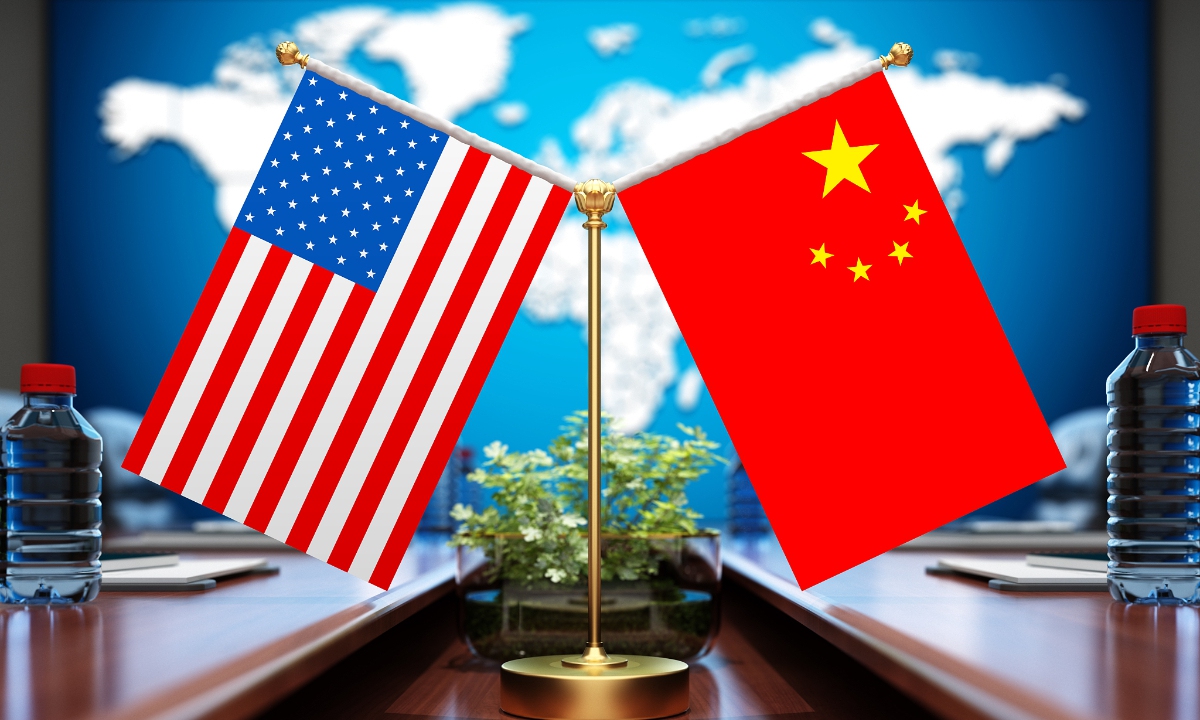China Trade Council Urges U.S. to Carefully Consider Tech Investment Ban
The China Trade Council has officially requested the United States to “carefully consider” its rules that ban or restrict U.S. investments in China’s tech sector. This move comes in response to an executive order signed by U.S. President Joe Biden last month, which prohibits or restricts investments in Chinese entities involved in semiconductors and microelectronics, quantum information technologies, and certain artificial intelligence systems. While the order aims to protect national security and prevent U.S. capital from aiding China’s military, the China Trade Council argues that it sets “vague and broad restrictions” and fails to differentiate between military and civilian purposes.
The Request for Consideration
The China Council for the Promotion of International Trade, which operates under the supervision of the Ministry of Commerce, has formally asked the United States to reconsider the tech investment ban. According to state television, the council highlights the potential risks and compliance costs that the order imposes on investors, as well as its negative impact on the global industrial chain, which heavily relies on interdependent relationships. The council argues that a more differentiated approach that distinguishes between military and civilian purposes would be more effective and fair.
The Concerns of U.S. Financial Firms
U.S. financial firms, which were asked to provide input on the proposed new rules, have expressed their concerns about the vagueness of the restrictions and the burden of compliance falling on investors. They are pushing for greater clarity and specificity in the regulations to facilitate their compliance efforts. The lack of clarity in the rules raises transaction risks and increases compliance costs for investors, potentially hampering investment in China’s tech sector. The financial firms emphasize the need for a more precise framework to ensure that the restrictions do not inadvertently hinder legitimate business activities.
The Impact on the Global Industrial Chain
The global industrial chain heavily relies on the interconnectedness of various economies, and any disruptions can have far-reaching consequences. The China Trade Council argues that the tech investment ban, in its current form, poses a threat to the global industrial chain. By imposing blanket restrictions on investments in China’s tech sector, the ban could hinder the flow of technology, expertise, and capital, which are crucial for innovation and development. The council advocates for a more nuanced approach that takes into account the complex nature of the global industrial chain and minimizes any unintended negative consequences.
The Need for Clarity and Differentiation
One of the primary concerns raised by both the China Trade Council and U.S. financial firms is the lack of clarity and differentiation in the tech investment ban. The current rules fail to distinguish between military and civilian purposes, which can lead to unintended consequences. A more precise framework that clearly defines the boundaries and scope of the restrictions would provide investors with greater certainty and facilitate compliance efforts. By differentiating between military and civilian purposes, the ban can effectively target the areas of concern without unnecessarily hindering legitimate business activities.
The Importance of National Security
While the China Trade Council and U.S. financial firms highlight the need for clarity and differentiation, it is essential to recognize the underlying objective of the tech investment ban: protecting national security. The United States aims to prevent U.S. capital from inadvertently supporting China’s military activities and technology advancements. By restricting investments in certain sectors, the U.S. government seeks to safeguard critical technologies and prevent potential threats to national security. Balancing national security concerns with the need for clarity and differentiation is crucial to ensure the effectiveness and fairness of the regulations.
The Timeline for Implementation
The rules outlined in the executive order are expected to be implemented sometime next year. This timeline provides an opportunity for further discussions and refinements to address the concerns raised by the China Trade Council and U.S. financial firms. It offers an opportunity for both parties to collaborate and establish a framework that balances national security interests with the need for a vibrant and interconnected global industrial chain. The timeline also allows investors to prepare for the upcoming regulations and adjust their investment strategies accordingly.
Conclusion
The request from the China Trade Council to the United States to “carefully consider” the tech investment ban highlights the concerns and potential consequences of the broad restrictions. While the ban aims to protect national security, it is crucial to ensure that the rules are clear, differentiated, and minimize unintended negative impacts on the global industrial chain. By incorporating feedback from the China Trade Council and U.S. financial firms, a more precise and effective framework can be established to strike a balance between national security interests and the promotion of a vibrant and interconnected global tech industry. As the timeline for implementation approaches, it is essential for stakeholders to engage in constructive dialogue and work towards a mutually beneficial resolution.




